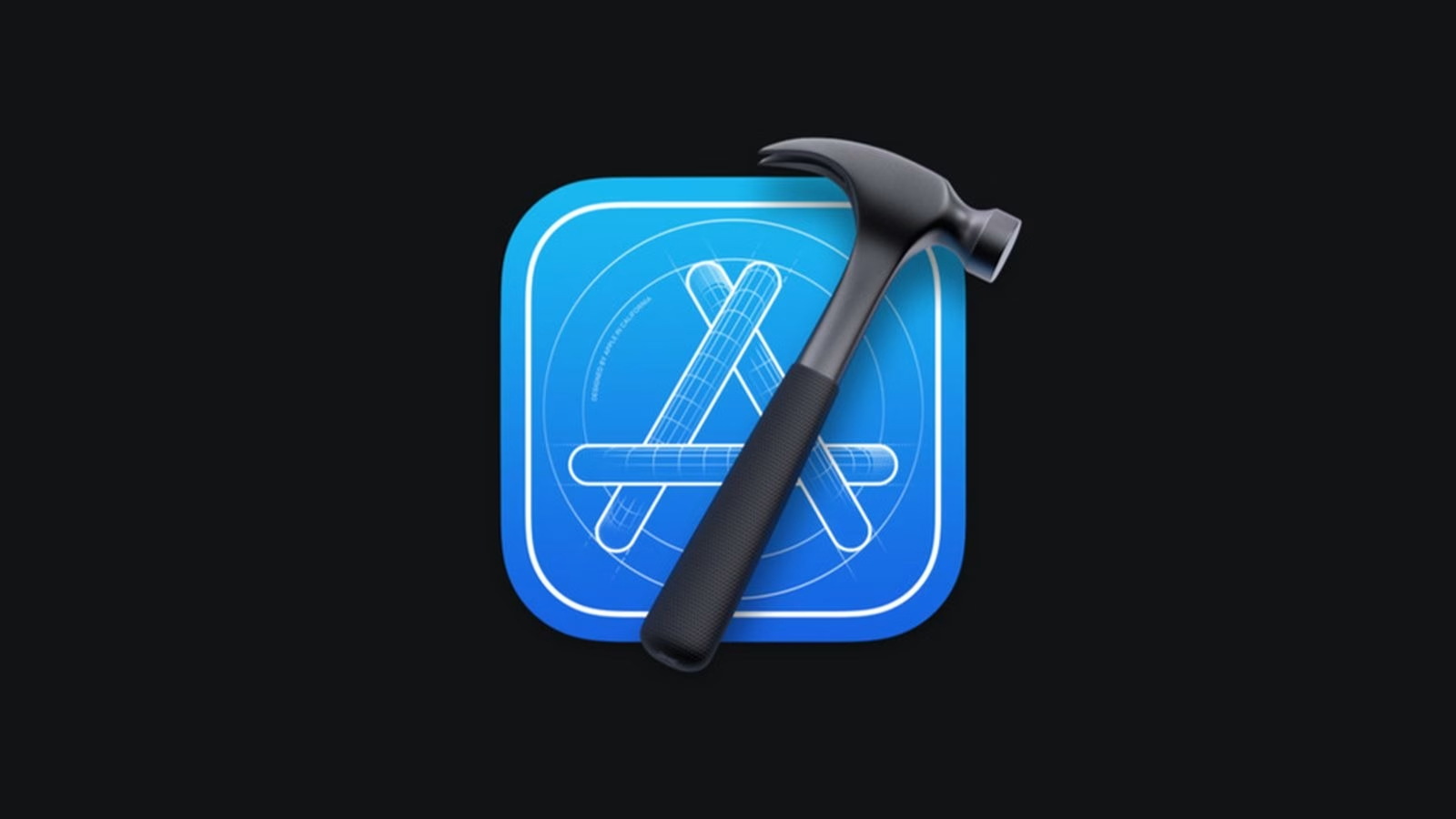Xcode 26 Beta 7 Rolls Out: Claude Sonnet 4 Integration Sparks Developer Buzz
Apple has just dropped Xcode 26 beta 7, and the developer community is abuzz. The most significant headline? The integration of Claude Sonnet 4, Anthropic's latest large language model, directly into the IDE. This move signals a deeper commitment from Apple to arm developers with cutting-edge AI tools, potentially streamlining workflows and boosting productivity in unprecedented ways. It's not just a minor update; this feels like a genuine leap forward for the Xcode ecosystem.
The release, which landed late yesterday, brings the powerful capabilities of Sonnet 4 to developers working on everything from iOS apps to macOS utilities. For those unfamiliar, Claude Sonnet 4 is known for its impressive reasoning abilities, extended context windows, and a nuanced understanding of complex instructions. Integrating it into Xcode means developers can now leverage this AI for a wider array of tasks directly within their primary development environment.
Claude Sonnet 4: A Game Changer for Xcode Workflows?
So, what exactly does this integration entail? According to early reports and developer hands-on impressions, Sonnet 4 is being rolled out across several key Xcode features. Think enhanced code completion that goes beyond simple syntax, intelligent code generation for boilerplate tasks, and even sophisticated debugging assistance. Imagine asking Xcode to "refactor this function to improve performance" and getting a well-reasoned, executable suggestion. That's the kind of power we're talking about here.
One of the most exciting aspects is the potential for Sonnet 4 to assist with complex architectural decisions or even suggest alternative approaches to solving coding challenges. Developers have long relied on external AI tools for these kinds of tasks, but having it natively integrated means faster, more seamless interaction. It's like having a seasoned pair programmer available 24/7, right inside your coding environment.
Early testers are reporting that the integration is surprisingly smooth. The AI's responses are reportedly fast and contextually relevant, a crucial factor for maintaining development momentum. There's a definite sense of anticipation about how this will change the day-to-day grind of software development. Will it democratize complex coding tasks? Will it accelerate the learning curve for new developers? These are the questions on everyone's mind.
Beyond AI: Other Notable Improvements in Beta 7
While the Claude Sonnet 4 integration is undoubtedly the star of the show, Xcode 26 beta 7 isn't a one-trick pony. Apple has also packed in a number of other refinements and bug fixes that are critical for a stable development experience. These often-unsung heroes of beta releases are just as important for day-to-day usability.
Notably, there are improvements to the Swift compiler, addressing some performance bottlenecks that were identified in previous betas. Debugging tools have also seen some attention, with reports of more stable memory analysis and improved stack trace readability. For those working with SwiftUI, there are subtle but welcome enhancements to the preview canvas, making iterative design changes feel even more fluid.
The build system appears to be more robust as well, with faster indexing times and fewer instances of unexpected build failures. These might sound like minor tweaks, but in the fast-paced world of development, anything that reduces friction and saves time is a win. It's these kinds of incremental improvements that really make a difference over time, preventing those frustrating "why won't this build?" moments.
Developer Reaction and Future Implications
The initial reaction from the developer community has been overwhelmingly positive, albeit with the usual beta-stage caveats. Many are eager to dive deep into the Sonnet 4 integration, experimenting with its capabilities and pushing its boundaries. There's a palpable excitement about the potential for AI to fundamentally change how we write code.
However, some developers are also raising important questions about data privacy and the ethical implications of integrating such powerful AI models. How will Apple ensure that sensitive code or proprietary information isn't inadvertently exposed? These are valid concerns that will need to be addressed as the technology matures and becomes more widely adopted. It's a conversation we absolutely need to be having.
Looking ahead, this integration could set a new standard for IDEs. If Apple can successfully bake powerful, context-aware AI assistance directly into the development workflow, other platforms might feel pressured to follow suit. We could be on the cusp of a new era where AI isn't just a helpful add-on, but an integral part of the software development lifecycle. It's certainly something to keep a close eye on as Xcode 26 continues its beta cycle.
The release of Xcode 26 beta 7, with its headline-grabbing Claude Sonnet 4 integration, is a significant development for Apple's developer ecosystem. While the full impact will only become clear with wider adoption and further refinement, the initial signs point towards a future where AI plays an even more central role in how applications are built.
